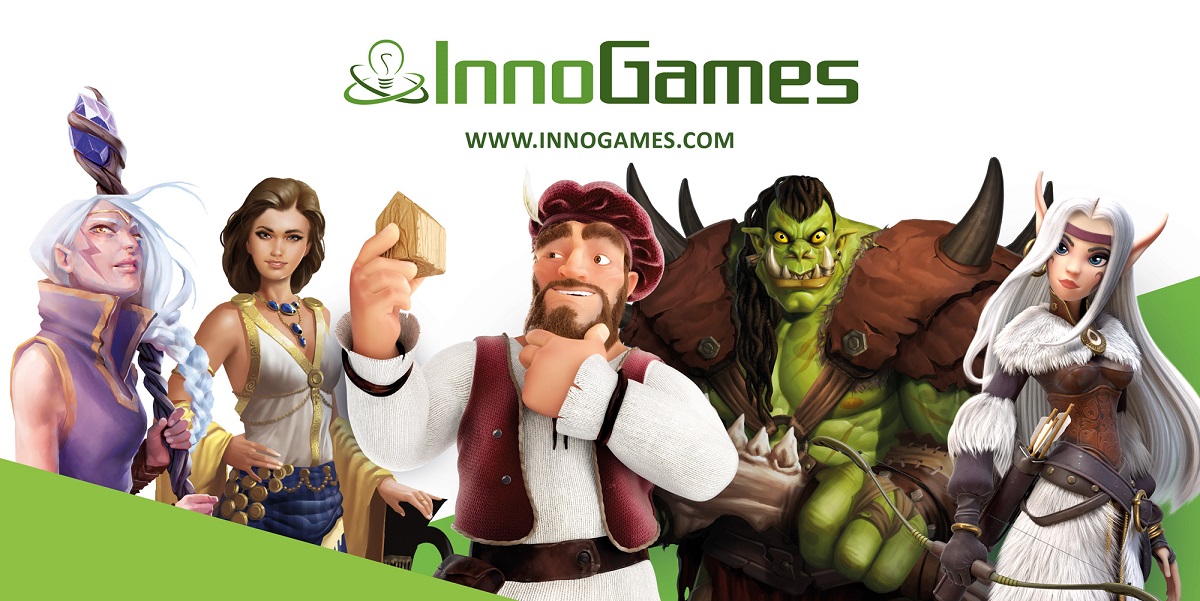InnoGames had humble roots 16 years ago with a hobbyist’s game called Tribal Wars. Two brothers, Eike and Hendrik Klindworth, created a simple browser game with friend Michael Zilmer. It was a browser-based real-time strategy game set in the Middle Ages. It took off, and by 2007, InnoGames was born in Stade, Germany.
Now, based on the success of browser games like Forge of Empires, InnoGames has generated more than a billion euros in revenue, or $1.1 billion, over the lifetime of the company. Forge of Empires, first launched in 2012, helped the company make the shift to mobile (2014-2015), and it accounted for more than $552 million (500 million euros) of the total revenues.

Unlock premium content and VIP community perks with GB M A X!
Join now to enjoy our free and premium membership perks.
![]()

![]()